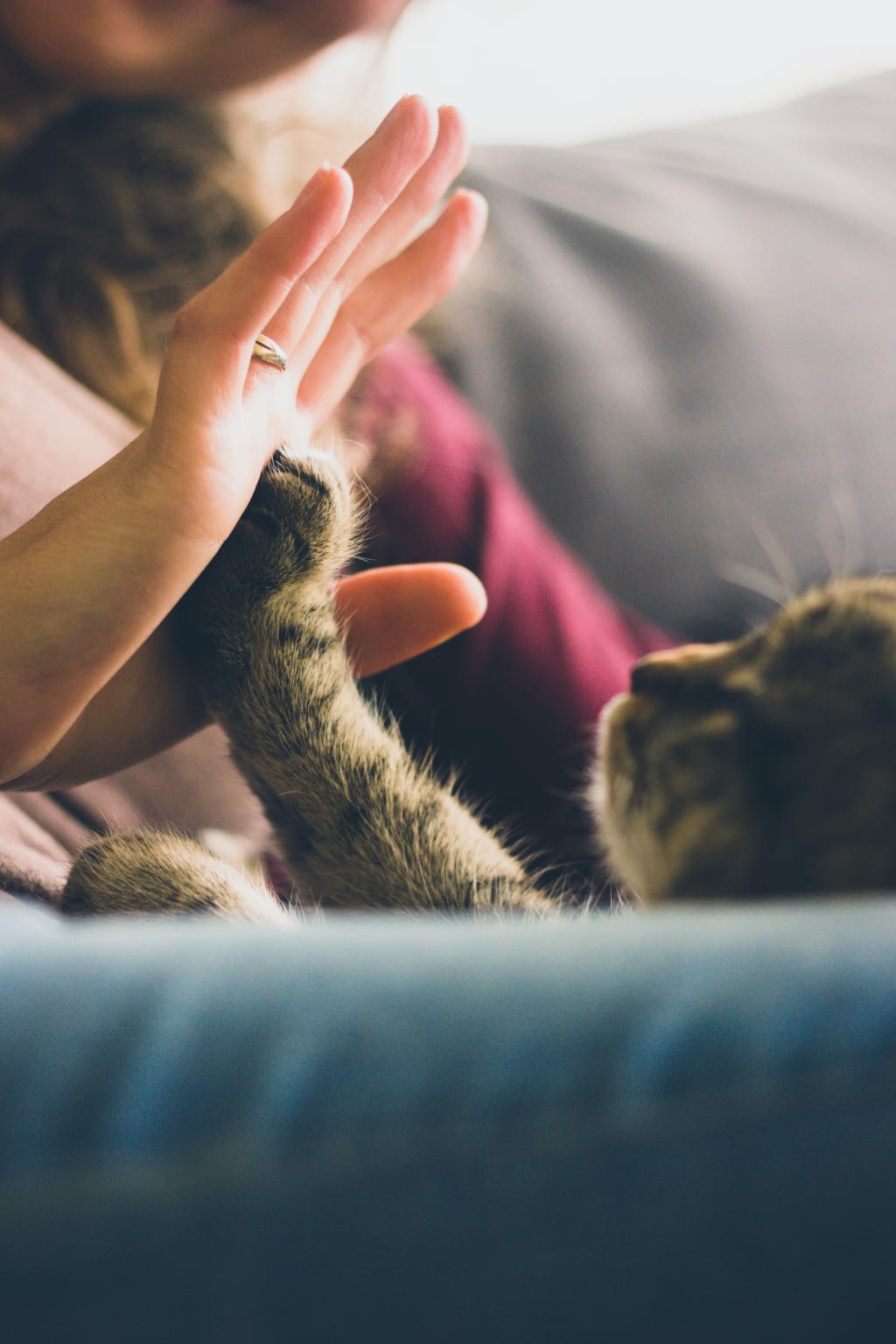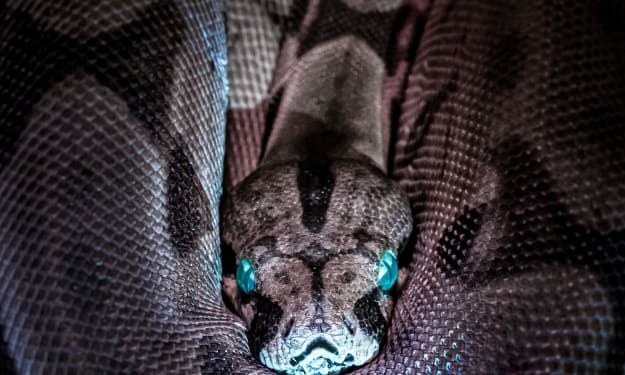What to Know About Essential Oils and Your Pet
Many pets consume highly processed products and it can be harmful

A modern family is rarely complete without the addition of a “Buddy” or “Mr. Whiskers.” These days, dog dads and cat moms care almost as much for their furry four-legged friends as much as they do their biological children. The best care is provided without question. As pet owners embrace holistic healing and essential oils, it’s wise to learn how your favorite extracts can help or hurt your pet.
Are Essential Oils Safe for Pets?
Essential oils are popular these days because they offer so many human health benefits, which begs the question of whether your oils can offer the same benefits to animals. Let’s start by answering one of the most pressing questions among pet owners: Are essential oils safe for use on domesticated pets? In a nutshell, yes, but only some of them.
The Best Essential Oils for Animals
There are a number of pet-friendly oils that have significant human health benefits and, as a bonus, your cat or dog may even enjoy the scent and taste. There are even a number of pet-friendly specific products. Make sure, however, that you administer the oil correctly so that they can fully benefit from the effects. Some of the most pet-friendly essential oils include:
Lavender: Lavender is an excellent way to soothe a pet. You can use it to help your cat or dog sleep and calm their anxiety by diffusing the aroma into the air or rubbing on the underside of their paws.
Peppermint: Peppermint is a great remedy for an upset stomach, sore muscles, and even fleas. Add a drop to your pet’s drinking water or buy flea shampoo with peppermint oil extract.
Chamomile: Chamomile acts as an anti-inflammatory agent and offers stress-relief properties. Add a few drops to a spray bottle full of water and give your furry friend a spritz during bath time.
Cedarwood: Cedarwood is a highly effective pest repellent and supports respiratory health and circulation. You can apply a drop or two to a pet collar or spray a diluted solution on a pet bed.
Essential Oils to Avoid Around Animals
Unfortunately, your favorite blend may contain some essential oils that are toxic to animals. This makes it important for you to learn which ones you should never use on an animal. The top oils to avoid on a pet are the ones high in phenols, such as clove, cinnamon, oregano, thyme, and wintergreen. Phenols are toxic to an animal’s liver and irritating to the skin.
Always Err on the Side of Caution
Before using an essential oil on your pet for the first time, always consult with a veterinarian. You should also do a small test to acclimate the animal to make sure the oil in question doesn’t bother your pet or trigger an allergic reaction. No matter what oil you use, keep it away from the animal’s nose, eyes, ears, and genital areas to avoid irritation.
If applying directly to an animal’s skin, be sure to always dilute the oil in plenty of water, as the oils are highly concentrated. Start with small amounts at a time and gradually work up to more as needed. Additionally, you should take an animal’s size into consideration when deciding how many drops to add to a solution; smaller animals should start with fewer drops than large ones.
What to Do in the Event of a Reaction
If you’ve followed all the precautions above and your pet displays symptoms of respiratory troubles, vomiting, muscle tremors, dizziness, or burns, get your animal to the vet or call the Pet Poison Helpline immediately at (800) 213-6680. The faster you act, the better. A local emergency veterinary clinic will be available after hours if you cannot reach your normal veterinarian. Make sure to bring the essential oil in question to show to the veterinarian.
In the event of a less-serious reaction, such as itching, redness, and irritation, wash the animal’s skin promptly. For the future safety of your cat or dog, store your entire essential oils collection in a secure location that is out of reach.
When used safely and according to the needs of your specific type of animal, your pet will enjoy a happier and healthier life with the use of essential oils. Call your local vet to learn more about how your cat, dog, or other pet can benefit from these natural and therapeutic substances.





Comments
There are no comments for this story
Be the first to respond and start the conversation.